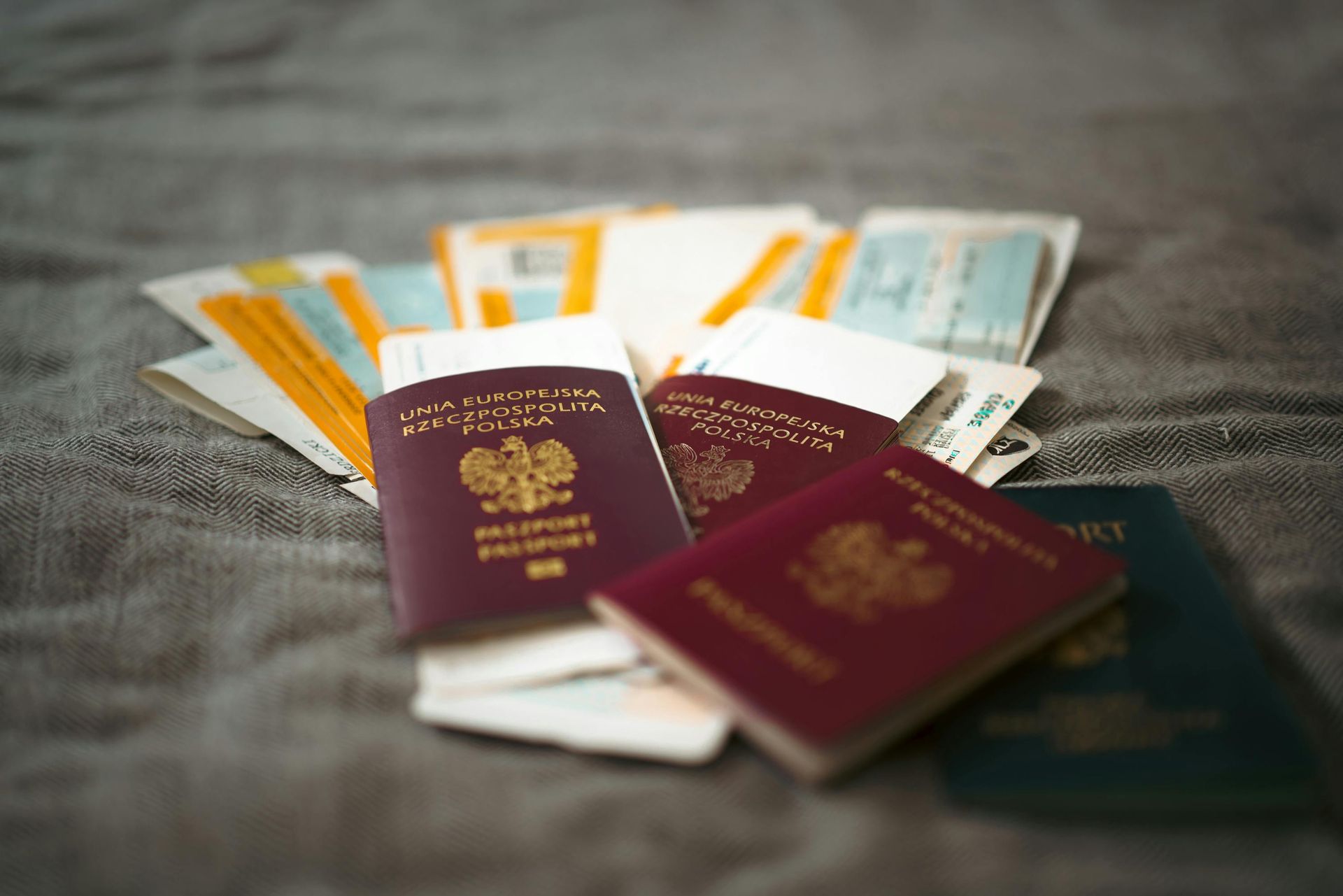Canada has long been a sought-after destination for immigrants from all over the world, offering a high quality of life, diverse culture, and numerous opportunities. Toronto, as one of Canada's most prominent and vibrant cities, attracts a significant share of these immigrants. However, navigating the Canadian immigration system, especially in a bustling metropolis like Toronto, can be challenging. In this blog post, we will explore the unique challenges that immigrants may encounter in Toronto and introduce you to Benjamin Law Immigration, a trusted ally in overcoming these hurdles.
Understanding Toronto's Unique Immigration Challenges
Toronto is a magnet for immigrants due to its economic opportunities, cultural diversity, and vibrant communities. However, its popularity also brings some unique challenges for newcomers:
- Competitive Job Market: Toronto's job market is highly competitive, which can be challenging for newcomers looking to secure employment in their field. Foreign credentials recognition and the need to build a local professional network can pose significant hurdles.
- Housing Costs: Toronto's real estate market is known for its high prices and limited affordable housing options. Finding suitable accommodation, especially for larger families, can be a considerable challenge.
- Cultural Adjustment: Adapting to a new culture and integrating into a diverse community can be both exciting and challenging. Newcomers may face cultural differences, language barriers, and the need to establish a social support system.
- Navigating Immigration Processes: The Canadian immigration system is complex, with various immigration pathways, eligibility criteria, and documentation requirements. Navigating this system can be overwhelming, especially for those unfamiliar with it.
How Benjamin Law Immigration Can Help
Benjamin Law Immigration, available at www.benjaminlawimmigration.ca, is a renowned immigration law firm specializing in helping individuals and families navigate the Canadian immigration system. Here are ways in which they can assist you in overcoming the unique challenges of immigrating to Toronto:
- Expertise in Canadian Immigration: The team at Benjamin Law Immigration possesses deep expertise in Canadian immigration law and regulations. They are well-versed in the intricacies of the immigration system and stay updated on policy changes to provide accurate and timely guidance.
- Customized Immigration Solutions: Recognizing that every immigration case is unique, Benjamin Law Immigration provides personalized immigration solutions tailored to your specific needs and circumstances. Whether you're applying for a work permit, study permit, permanent residence, or citizenship, they can guide you through the process efficiently.
- Employment Assistance: Benjamin Law Immigration understands the challenges newcomers face in finding employment in Toronto's competitive job market. They offer guidance on securing job offers, obtaining work permits, and navigating the labor market impact assessment (LMIA) process.
- Education and Credential Recognition: If you are an internationally trained professional, the firm can assist with credential assessment and recognition, helping you overcome barriers to working in your field in Canada.
- Family Sponsorship: Benjamin Law Immigration can help reunite families through the family sponsorship program, ensuring that you can bring your loved ones to join you in Toronto.
- Business Immigration: For entrepreneurs and investors, the firm offers expertise in business immigration, including the Start-Up Visa Program and Provincial Nominee Program (PNP), which can be pathways to establishing and growing a business in Toronto.
- Refugee and Asylum Claims: If you are seeking protection in Canada due to fear of persecution in your home country, Benjamin Law Immigration can provide assistance with refugee and asylum claims, guiding you through the complex legal process.
- Citizenship Applications: For those looking to become Canadian citizens, the firm can help you understand the requirements and prepare a successful citizenship application.
- Language and Settlement Services: Benjamin Law Immigration offers language and settlement services to assist newcomers in adapting to life in Toronto. This includes language training, cultural orientation, and support in establishing a social network.
Navigating the Canadian Immigration
Now, let's delve into some key aspects of the Canadian immigration system:
- Express Entry System: The Express Entry system is a points-based system used to select candidates for permanent residence. It assesses candidates based on factors such as age, education, work experience, and language proficiency. Benjamin Law Immigration can help you create a strong Express Entry profile and navigate the application process.
- Provincial Nominee Programs (PNPs): Each Canadian province has its own PNP, which allows them to nominate candidates for permanent residence who meet their specific labor market and economic development needs. Benjamin Law Immigration can assist you in exploring PNPs and identifying the most suitable program for your situation.
- Spousal and Family Sponsorship: If you have family members in Canada who are Canadian citizens or permanent residents, you may be eligible to apply for family sponsorship. Benjamin Law Immigration can guide you through the sponsorship process, ensuring you meet the eligibility criteria and provide the necessary documentation.
- Temporary Residence: Whether you are coming to Toronto for work, study, or as a visitor, there are various temporary residence options, including work permits, study permits, and visitor visas. Benjamin Law Immigration can help you determine the most appropriate type of permit or visa for your situation and assist with the application process.
- Asylum and Refugee Claims: If you are seeking asylum or refugee status in Canada due to a well-founded fear of persecution in your home country, Benjamin Law Immigration can provide legal representation and support throughout the claims process.
Conclusion
Immigrating to Toronto, while filled with opportunities, comes with its unique challenges, from finding employment in a competitive job market to adapting to a new culture. Navigating the Canadian immigration system can be daunting, but Benjamin Law Immigration is here to help. With their expertise, personalized solutions, and dedication to assisting newcomers, they can guide you through the complexities of the immigration process, making your transition to Toronto a smoother and more successful journey.


BOOK YOUR FREE CONSULTATION
Fill out the Case Evaluator form below to discuss your case or claim with one of our experienced Family-First legal professionals. At Benjamin Law, we work hard, and fast to get you justice, to solve your problems, and get you the compensation that you deserve.



